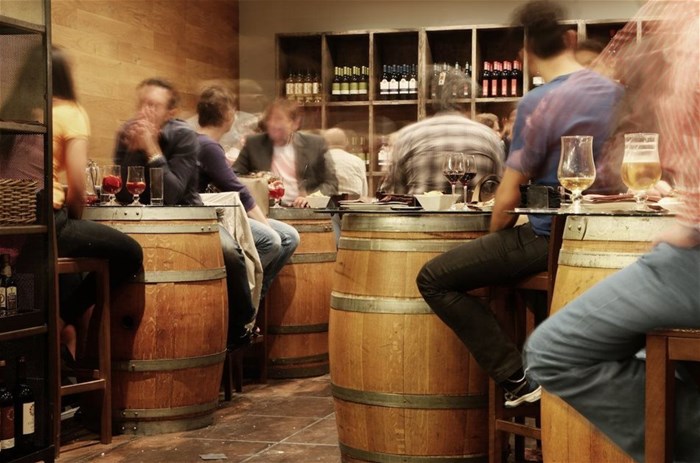
Related
Top stories






More news


Marketing & Media
Ads are coming to AI. Does that really have to be such a bad thing?














Here are some valuable insights into the state of the industry today, shedding light on the recovery process, changes in consumer preferences, and the impact on local manufacturers and suppliers.
Liquor retailers have had to implement interesting strategies to attract customers and rebuild sales in the aftermath of the lockdown. Lower LSM brands have seen increased sales, while premium brands have often raised prices to compensate for Covid-related losses. Some of these price increases are also driven by supply chain disruptions and material shortages.
Despite the lifting of alcohol bans, the liquor market in South Africa has not fully recovered. We are still limping and some major brands, such as Heineken, have withdrawn their investments from the country. Jobs have been lost. Larger corporate stores had an advantage during the recovery period, as they could capitalise on the situation with their cash reserves and resources. However, for most, survival remains the primary focus.
Three years later, these are the challenges and changes the industry is witnessing, in addition to pricing and supply chain issues
Post-lockdown, consumers with disposable income have exhibited interesting changes in their purchasing habits. Consumer sentiment towards purchasing alcoholic beverages has shifted towards valuing quality products over mainstream commercial options.
This shift could be attributed to the lockdown restrictions, which led consumers to explore higher-end options as they stayed home and sought better quality products at retail prices comparable to those in bars and restaurants.
Consumers seem to be more health-conscious, opting for alcoholic beverages with lower calorie and sugar content, and alcohol-free options are sought after on the shelves. They are also choosing quality over quantity, selecting full-flavored and rich beers over commercial brands.
The adoption of online shopping in the liquor industry is providing consumers with increased convenience, a wider choice, and competitive pricing. International and craft options are now easily accessible and at a price that justifies adding a few interesting options to your cart.
The significant focus on e-commerce mentioned above sees retailers and brands adapting to claim their share of the online market. This shift has led to increased competition, with new online stores emerging regularly. Unfortunately, smaller independent stores struggled to compete with corporate giants, leading to closures.
Mothercity Liquor was forced to shut down stand-alone stores during lockdown and shift its focus to online. Fortunately, this has paid off for us. Our existing clients continue to support us, and we now have regular clients scattered across the country. This is testament to us having an interesting portfolio of options from South Africa and international brands, and because our team is dedicated to meeting client needs in terms of offering - often tracking down unique or collectible liquor - and impressive delivery times.
Local liquor manufacturers and suppliers heavily reliant on alcohol sales faced dire challenges during the lockdown. Companies like Consol glass, with a substantial portion of their business tied to the beer industry, suffered from the drop in demand. Even delivery services and logistics companies catering mainly to the liquor industry were left without business during the alcohol bans.

While we focus on the impact lockdown had on liquor brands, we need to also think of these key players who have also had to put efforts into recovering.
The demand for locally produced commercial beers, such as Black Label and Castle, surged but faced supply shortages due to production disruptions. Similarly, there was a massive demand for champagne and cognacs, but regulations restrict production to specific regions in France, leading to extended stock shortages which retailers are still experiencing.
As the industry continues to evolve, it will be crucial for businesses to stay agile and responsive to emerging trends and consumer needs. “We may not be out of the woods yet, there are still casualties, but it’s also an exciting time as those who are still standing are determined. And the new wave of brands and products launching regularly will bring new ideas and innovation to an industry that thrives on change.